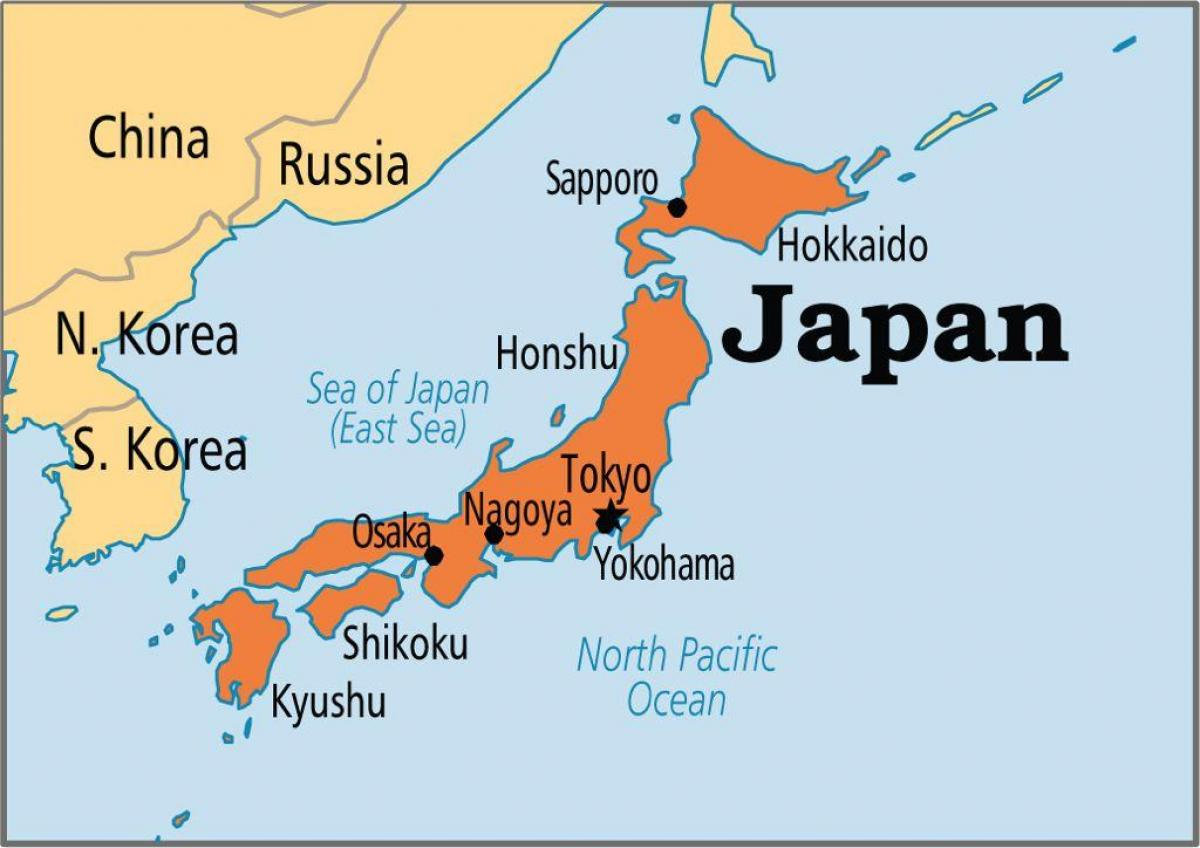International Relations
Japan & India to Boost Defence Ties
- 14 Sep 2022
- 7 min read
For Prelims: The 2+2 ministerial meeting, Exercise MILAN, Malabar exercise.
For Mains: India-Japan Relationship.
Why in News?
Recently, India & Japan hold the 2+2 ministerial meeting in Tokyo to enhance security and defence cooperation.
What are the Key Highlights of this Meeting?
- Enhanced Defence Cooperation: Both countries are examining all options necessary for national defence including counterstrike capabilities, and will increase their defence budget substantially to strengthen their capabilities.
- As there is a need to tackle increased security threats mostly from neighbouring China.
- Enhancing Maritime Cooperation: There were extensive discussions on ways to enhance maritime cooperation including maritime domain awareness that includes India’s inclusive vision of Security and Growth for All in the Region (SAGAR).
- Global cooperation: Both countries acknowledged that global cooperation is required more than ever to address security challenges.
- Further, here is consensus on both sides that a strong India-Japan relationship is very important for a free, open, rule-based and inclusive Indo-Pacific based upon sovereignty and territorial integrity of nations.
What is 2+2 Dialogue?
- 2+2 Ministerial is the highest-level institutional mechanism between the two countries.
- It is a format of dialogue where the defence/foreign ministers or secretaries meet with their counterparts from another country.
- India has 2+2 dialogues with four key strategic partners: the US, Australia, Japan, and Russia.
How has India’s Relations with Japan been?
- Defence Exercises:
- India and Japan's defence forces organize a series of bilateral exercises namely, JIMEX (naval), SHINYUU Maitri (Air Force), and Dharma Guardian (Army).
- The participation of Japan for the first time in the multilateral exercise MILAN and operationalisation of the Reciprocal Provision of Supply and Services Agreement in March, 2022 are milestones in the progress of defence cooperation.
- Both countries also participate in the Malabar exercise (Naval Exercise) with the USA and Australia.
- Multilateral Groupings:
- Both India and Japan are members of Quad, G20 and G-4.
- They are also member countries of the International Thermonuclear Experimental Reactor (ITER).
- Health-Care:
- In view of the similarities and synergies between the goals and objectives of India's AYUSHMAN Bharat Programme and Japan’s AHWIN, both sides had been consulting with each other to identify projects to build the narrative of AHWIN for AYUSHMAN Bharat.
- Investment and ODA:
- India has been the largest recipient of the Japanese Official Development Assistance (ODA) Loan for the past decades.
- Delhi Metro is one of the most successful examples of Japanese cooperation through the utilization of ODA.
- India’s Western Dedicated Freight Corridor (DFC) project is funded by a soft loan provided by Japan International Cooperation Agency.
- Japan and India had committed to build a High-Speed Railways in India.
- India Japan Nuclear Deal 2016 will help India build the six nuclear reactors in southern India, increasing nuclear energy capacity ten-fold by 2032.
- India has been the largest recipient of the Japanese Official Development Assistance (ODA) Loan for the past decades.
- Economic Relations:
- Japan’s bilateral trade with India totaled US$ 20.57 billion during FY 2021-22.
- Japan’s exports to India were 2.35% of India’s total imports and India’s exports to Japan were 1.46% of India’s total exports. This underlines that there remains a big potential.
- India was the 18th largest trading partner for Japan, and Japan was the 12th largest trading partner for India in 2020.
- Japan’s bilateral trade with India totaled US$ 20.57 billion during FY 2021-22.
- Developments during 14th India-Japan Annual Summit, 2022:
- Sustainable Development Initiative for the North Eastern Region of India:
- It has been launched with an eye on India’s infrastructure development in the Northeast, and includes both ongoing projects and possible future cooperation in connectivity, healthcare, new and renewable energy, as well as an initiative for strengthening bamboo value chain.
- India-Japan Digital Partnership:
- On cyber security, the leaders discussed the “India-Japan Digital Partnership” with a view to enhancing the digital economy through the promotion of joint projects in the area of IoT (Internet of Things), AI (Artificial Intelligence) and other emerging technologies.
- Japan is looking forward to attracting more highly skilled Indian IT professionals to contribute to the Japanese ICT sector.
- Clean Energy Partnership:
- It was launched for cooperation in areas such as electric vehicles, storage systems including batteries, electric vehicle charging infrastructure, development of solar energy, hydrogen, ammonia, etc.
- The objective is to encourage manufacturing in India, creation of resilient and trustworthy supply chains in these areas as well as foster collaboration in R&D (Research and Development).
- Sustainable Development Initiative for the North Eastern Region of India:
UPSC Civil Services Examination Previous Year Question (PYQ)
Prelims
Q. A present group of nations known as G-8 started first as G-7. Which one among the following was not one of them? (2009)
(a) Canada
(b) Italy
(c) Japan
(d) Russia
Ans: (d)
Exp:
- G-8, an inter-governmental political forum, formed in 1997 by addition of Russia.
- The forum originated with 1975 summit hosted by France that brought together representatives of six governments – France, Germany, Italy, Japan, the United Kingdom, and the United States, thus leading to the name Group of Six or G-6. The summit came to be known as the Group of Seven, or G-7, in 1976 with the addition of Canada. Russia was added to the political forum from 1997, after which it came to be known as the G-8.
- G-8 was again reformatted as G-7 from 2014. In 2014, Russia was suspended from G-8 post-annexation of Crimea, reverting the forum’s name as G-7. In 2017, Russia announced its permanent withdrawal from the G-8. Therefore, option (d) is the correct answer.





